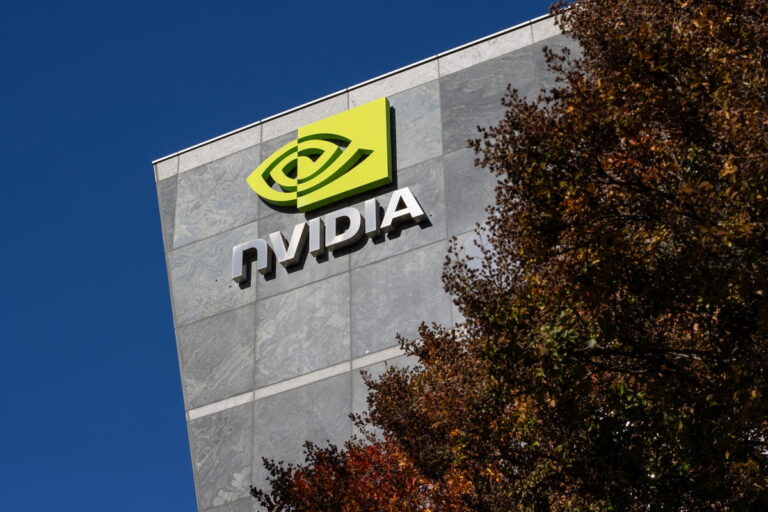
The EU Parliament in Strasbourg — where Big Tech faces its biggest challenges yet. Credit: Leonid Andronov via Canva.com
For years, Google’s defence was always the same: Android is a free, flexible, and good for competition. But the EU was never fully convinced about that. And now that the EU Court advisor has rejected the company’s final appeal, the largest antitrust fine in Europe’s history appears to be a permanent part of the legal playbook. At the centre of this case is more than pre-installed apps or default search engines; it is about how one company, operating under the guise of openness and shaped by billions of users, could see its software installed and accessed by default.
The €4.125 billion fine may dominate the headlines. Still, the real cost to Google is not the money, but the precedent that Brussels is not allowing platforms to grow and check and then call it innovation. This time, it’s not just Android under the microscope; it’s the entire idea of the digital ecosystems as a neutral ground.
How Google got here
It began in 2018, when the European Commission fined Google a record amount for its control over the Android operating system.
- Phone makers were effectively required to pre-install Google Search on Chrome as a condition for getting access to the Play Store.
- There was one condition that shaped hundreds of millions of users across the EU, leaving little room for rivals and monopolising the entire market.
Google appealed to the General Court in 2022, which ruled in favour of the decision to lower the fine, agreeing that the company had imposed the legal restriction on manufacturers:
- Now, in 2025, the company’s final legal card and appeal to the EU’s Court of Justice looks like it’s going nowhere.
- Advocate-General Juliane Kokott called Google’s arguments “unconvincing” and said their comparisons to hypothetical competitors were “unrealistic.”
- That may sound technical, but it cuts to the heart of the matter: if your market power is so great that no alternative can compete under fair conditions, then you’re not offering choice. You’re offering a default — locked in and dressed up as freedom.
What does this ruling mean
The €4.125 billion fine is the headline, but the real punishment is what the ruling will say about the platform’s default. Google argues that you can always download a different browser, and you can always change your search engine if you really want to.
However, the use response has been consistent if one company controls the people who see it first; that’s enough to shape behaviour and shape behaviour at scale? That’s power, that’s Market power.
This case makes one thing clear: offering an option does not mean offering competition, especially when most users never touch their settings.
Kokott’s recommendation — and history suggests it probably will — establishes a legal precedent: default settings can be anticompetitive, even if alternatives technically exist.
That one idea could ripple through future fights over operating systems, voice assistants, app stores, and not just for Google.
Why Europe keeps going after Google
Europe has been fighting with Google for the past decade. The EU has fined the company for shopping ads for Android dominance in AdSense, totalling more than €8 billion, and that’s before we factor in the upcoming Digital Markets Act enforcement, which could reshape Google’s operations entirely.
However, unlike the U.S., where legal battles often drag on due to technicalities, Brussels frames these cases differently. It’s not just about consumer harm. It’s about structural distortion — when a company becomes the road, the gate, and the destination all at once.
Google has become a foundation that regulates those foundations with the means to confront what gets built on top, including search ads, Maps, shopping, and YouTube.
So, they chose to stop treating platforms like services and start treating them like infrastructure. That’s why this fine matters, and that’s why it’s sticking. Europe isn’t just punishing this abuse; it’s rewriting the blueprint.
The Digital Markets Act
Google awaits its fine ruling under the Digital Markets Act, which was first introduced in March 2022. It will inform how Tech Giants operate companies like Google, Apple, Meta, and Amazon are titled as Gatekeepers, which means they’re now legally required to open doors they’ve spent locking behind them.
For Google, that means offering real browser choice on bundle services and letting the users uninstall defaults, and more than that, it’s to redesign the interfaces that don’t match people back into the company’s ecosystem at every turn.
The €4.125B fine isn’t just a punishment for what Google did in 2018. It’s ammunition for what regulators will do in 2025 and beyond. It sets the tone. It sets boundaries. And most importantly, it sends a message to every gatekeeper on the list: The era of self-policing is over.
What does this really say about power?
Europe builds barriers, while Google builds tools. Somewhere between these two narratives lies where most people live, tapping into applications they didn’t choose, running systems they didn’t configure, and trusting the defaults to be neutral when they are not.
In 2018, Google’s defence was that it gave users everything. Now in 2025, Europe’s position is that it gave them too much and too little at the same time, where there’s too much control, too little competition, too many steps to switch and too few chances to even realise it
The identity behind all this is that the language is about choice, and it’s about what they’re likely to do and who gets to shape the path first, so it’s something bigger, and it cracks the logic that has built its dominance in the first place.







